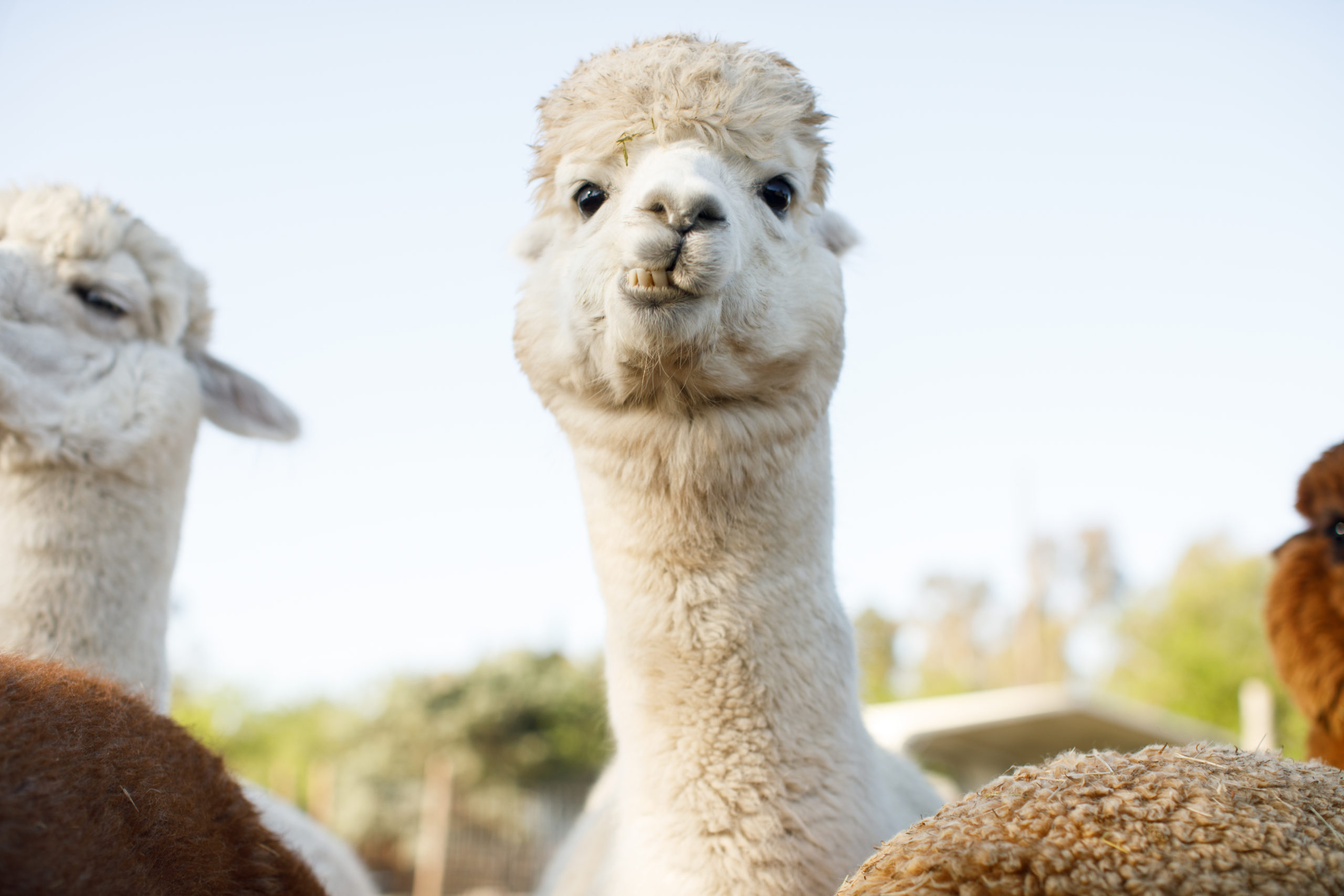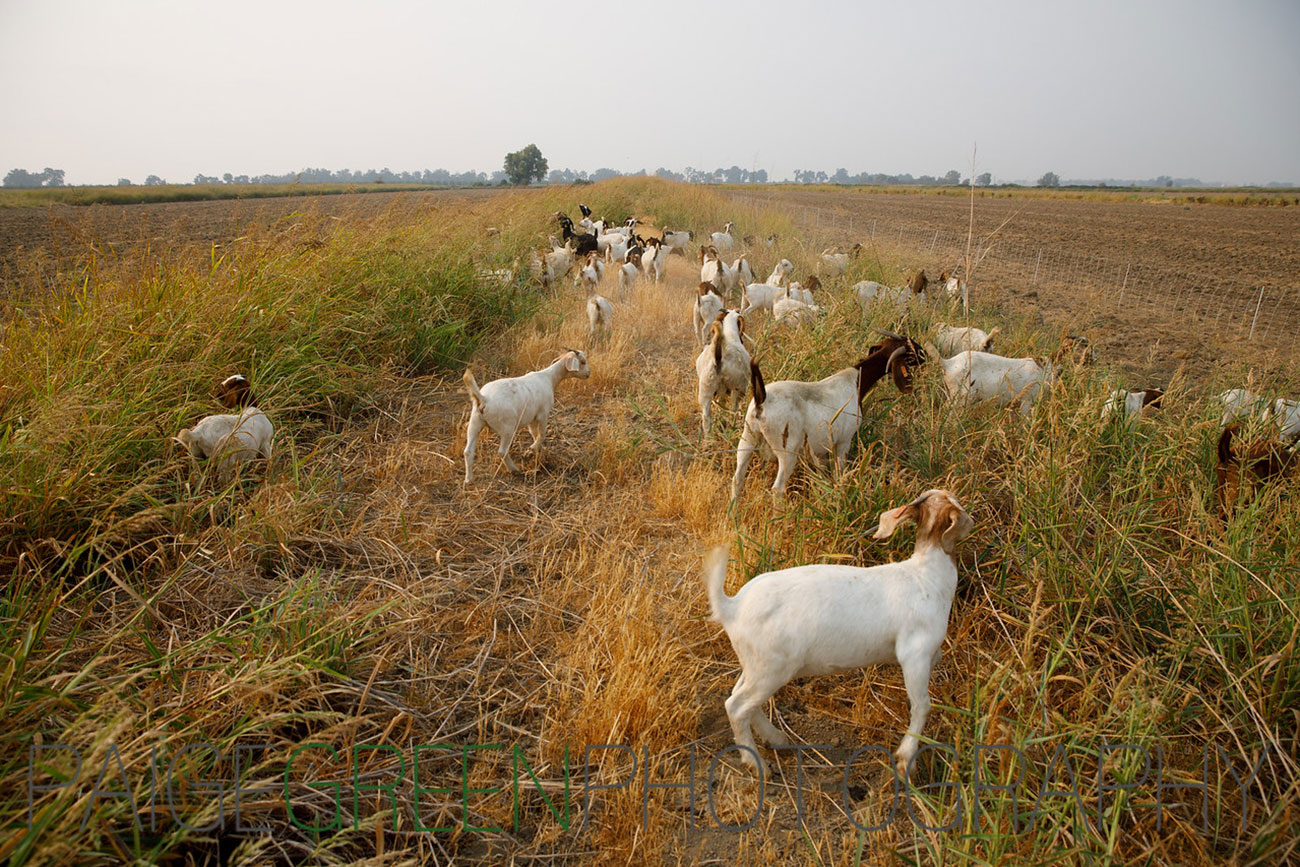The mainstream fashion industry’s supply chains are not linear but operate in an economy with a take, make, and waste production model. This model takes mass amounts of raw materials and releases carbon emissions into the atmosphere; uses exploited labor to make these materials into products; then those products are wasted and “thrown away,” usually to a landfill in a low-income community of color. The driving force for this production model is to create infinite amounts of profit by producing as many things as possible for as cheaply as possible. This necessitates destroying the earth and simultaneously exploiting low-wage workers, who are mostly women of color. This belief in endlessly growing the economy is one of the main reasons why the fashion industry has to be completely transformed. Luckily, alternatives exist and are being built at this very moment.
Read MoreCategory: Climate Change

Our Statement on the COP26 Volunteer Uniforms
World leaders have been meeting over the past week at the U.N. Climate Change Conference— COP26—to discuss the need for meaningful action to address the climate crisis. Core to Fibershed’s […]
Read More
A Small Footprint on the Earth, A Big Impression on Farmers: How These 8 Farms Are Raising Alpacas Sustainably
The benefits of raising alpaca go beyond their provision of fiber. Alpacas are naturally gentle creatures, generating a minimal environmental footprint that enables alpaca farmers to integrate the herd into […]
Read More
Climate Change and Agriculture: How Food and Fiber Work Together for Climate
Sustainable food production needs to include fiber systems in order to reduce agriculture’s carbon footprint and heal our planet. In this article, we discuss the link between climate change, agriculture, and food and fiber systems.
Read More
